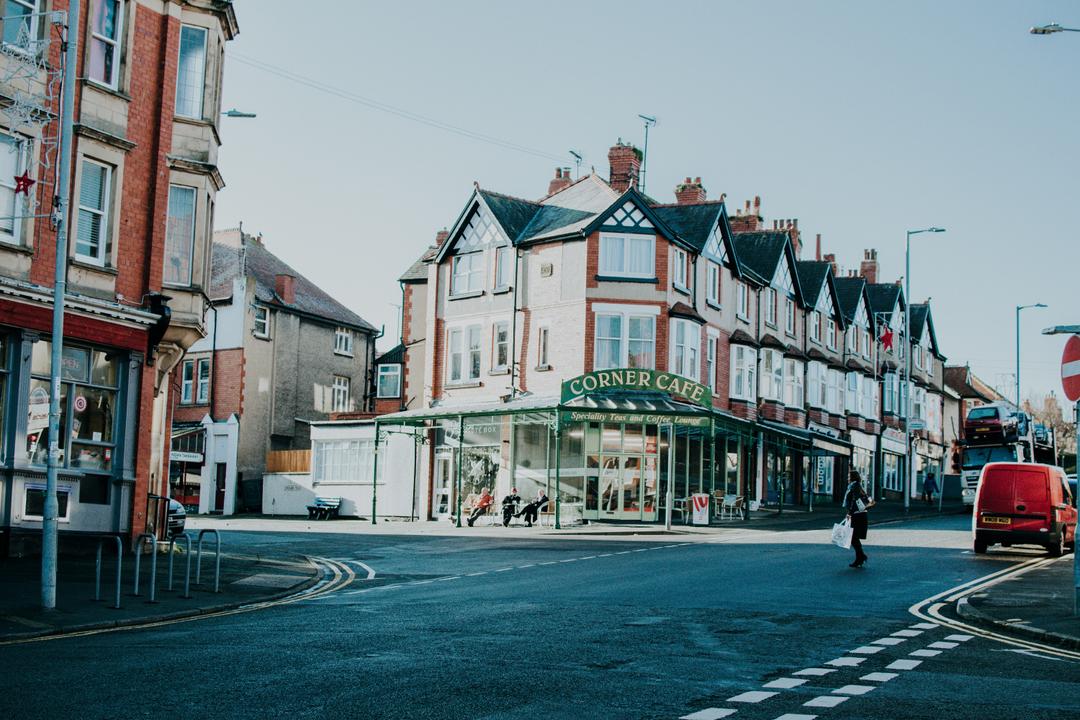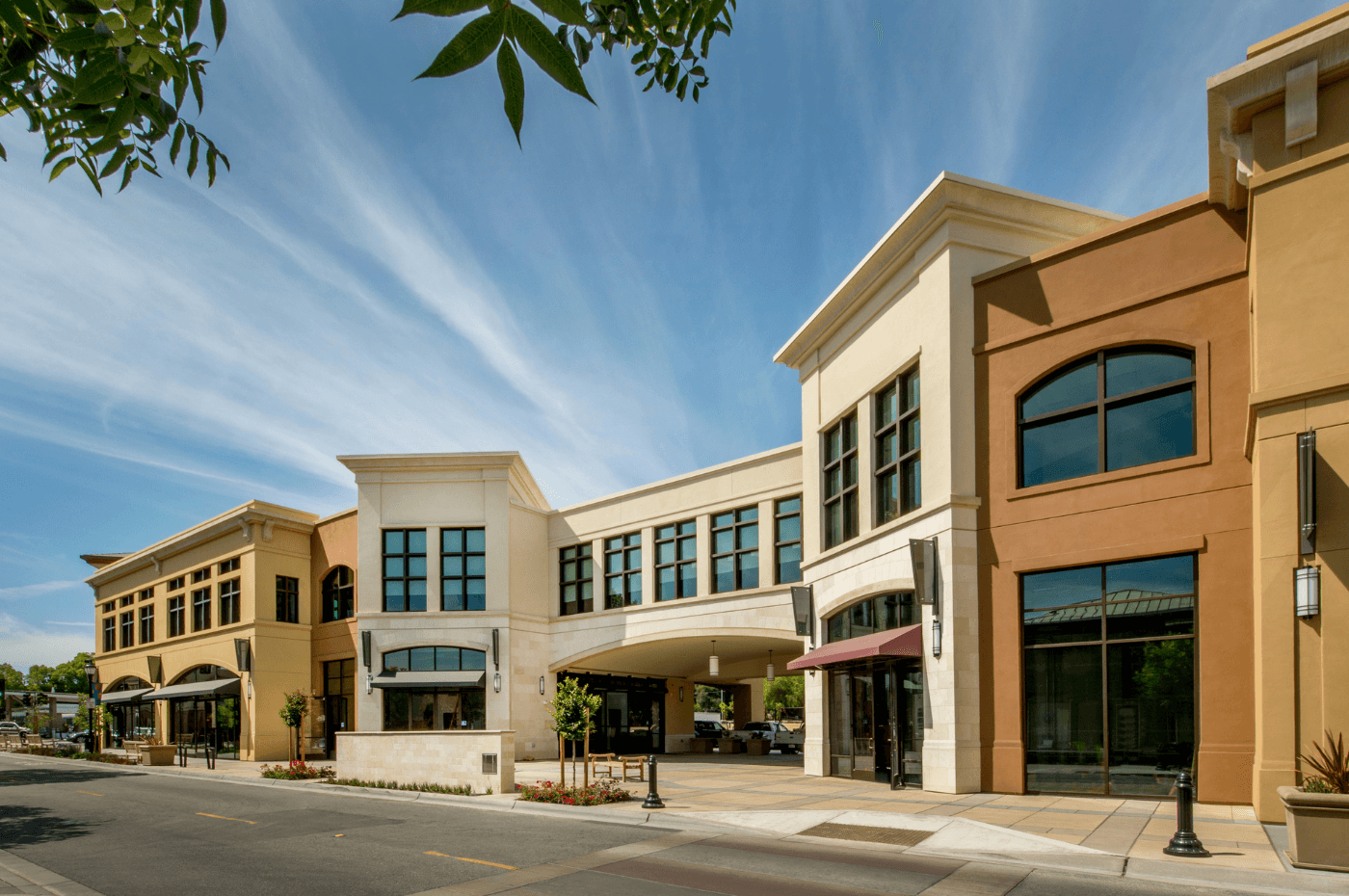There are several ways to invest in the real estate market and one of the most common is acquiring a residential rental property. While this is a popular choice for many, it’s not the only option, nor necessarily the simplest or most profitable.
Another avenue to consider is investing in a commercial rental property. This type of investment comes with its own set of advantages and disadvantages, which differ from those of residential rental properties. Here’s everything you should know before diving into commercial real estate investment.
What is a commercial property?
Commercial real estate encompasses a variety of property types, each designed for business purposes. There are three main categories of commercial properties:
-
Industrial properties: These include warehouses, factories, and distribution centres used for manufacturing, storage, or logistics.
-
Office buildings: These properties are designed for business offices, ranging from small professional spaces to large corporate headquarters.
-
Retail properties: These include stores, shopping centres, restaurants, and healthcare clinics, essentially properties where businesses serve customers directly.
Mixed-use properties
Another option is investing in a mixed-use property. As the name implies, these properties are designed for multiple purposes simultaneously.
For example, a mixed-use property might feature a retail store on the ground floor, with residential apartments above. Alternatively, it could be a building with a supermarket and a dental office on the first floor, while the upper floors are dedicated to office spaces.

What are the advantages of buying a commercial rental property?
Owning and renting out commercial properties comes with distinct advantages compared to residential rental units. Here are the main benefits of investing in commercial rental spaces:
1. Tenant stability
One of the key advantages of renting out commercial spaces is tenant stability. Unlike residential tenants, commercial tenants typically have a vested interest in their long-term business success, which makes them more likely to settle into a commercial space for a longer period. Business owners often prefer to establish themselves in a location where they can grow and build their operations over time.
It’s common for commercial leases to be long-term, ranging from 5 to 10 years or more. This provides property owners with a stable income and reduces the constant need to find new tenants. The long lease term offers a sense of security and reduces turnover costs, which is often seen in residential rental properties.
2. Flexibility of commercial leases
Another significant benefit of commercial leasing is the flexibility it offers. Unlike residential leases, which are more standardized and regulated by housing boards, commercial leases are largely negotiable.
This flexibility means that commercial leases can be tailored to the specific requirements of both the property and the tenant’s business. It also means that rental terms, renewal conditions, and other contractual aspects are open to negotiation, providing both sides with greater adaptability. Let’s take a look at the 3 main types of commercial leases:
-
Net lease
In a net lease, the tenant is responsible for paying rent as well as covering property taxes. While this lease type shifts some financial responsibilities to the tenant, it is less commonly used in commercial real estate due to its lower appeal for property owners. Since the owner still covers other operating expenses, this type of lease does not provide the same level of cost relief as other options.
-
Double net lease
With a double net lease, the tenant is responsible for rent, property taxes, and the insurance premiums. This is one of the most common commercial lease types, striking a balance between shifting financial burdens onto the tenant while still leaving some responsibility with the landlord. It provides property owners with more predictable costs while allowing tenants to manage some of the operating expenses.
-
Triple net lease
The triple net lease is the most favourable lease for property owners. In this arrangement, the tenant covers rent, property taxes, insurance premiums, and maintenance or repair fees. The landlord typically faces minimal risk and responsibility for the property, making this a highly desirable option for owners. This type of lease is especially common for long-term leases, often spanning 10 years or more.
Property owners may even opt for a "surety clause" in a triple net lease, which prevents tenants from terminating the lease prematurely. This clause provides an additional safeguard, ensuring tenants remain committed for the lease's duration, particularly when they are responsible for costly maintenance and repairs.
Good to know
For buildings with multiple tenants, expenses such as property taxes and insurance premiums are generally shared among the tenants, usually based on the space each business occupies. In the case of triple net leases, each tenant is responsible for maintaining and repairing their leased area.

While commercial properties offer multiple advantages, their financing can be more complicated. Banks often view these investments as higher-risk due to the uncertainties associated with commercial real estate. As a result, obtaining financing for a commercial property typically requires a larger down payment than residential properties.
Commercial properties are usually financed at rates ranging from 75% to 100% of the sale price, depending on the lender's evaluation and the project's perceived risk. To help you finance your projet, it might be useful to use the services of a commercial mortgage broker.
Buying a commercial property for your business
If you're considering purchasing commercial property for your business, it's crucial to think about various factors that could influence your decision. Here are some important questions to help you evaluate if buying is the right move for your business:
-
What impact could purchasing commercial space have on your business?
-
Is your business still too young to make long-term decisions?
-
If your business is very successful, will the property you buy still suit your needs?
-
Are you planning to stay at the same location for the next 5 or even 10 years?
A commercial real estate broker: a necessity
Purchasing commercial real estate is a major investment, and even small mistakes during the search, negotiation, or leasing process can lead to costly consequences. Given the complexity of these transactions, working with a commercial real estate broker is essential.
A commercial real estate broker brings expertise to the table, ensuring that you navigate the process smoothly. They will help you assess your business needs and match them with the right property, saving you time and potentially avoiding costly missteps.
Are you looking to purchase a commercial building?
XpertSource.com can help you find a real estate broker. When you tell us about your project, we put you in touch with qualified resources for free. Simply fill out our form (it only takes a few minutes) and we will connect you with professionals.

